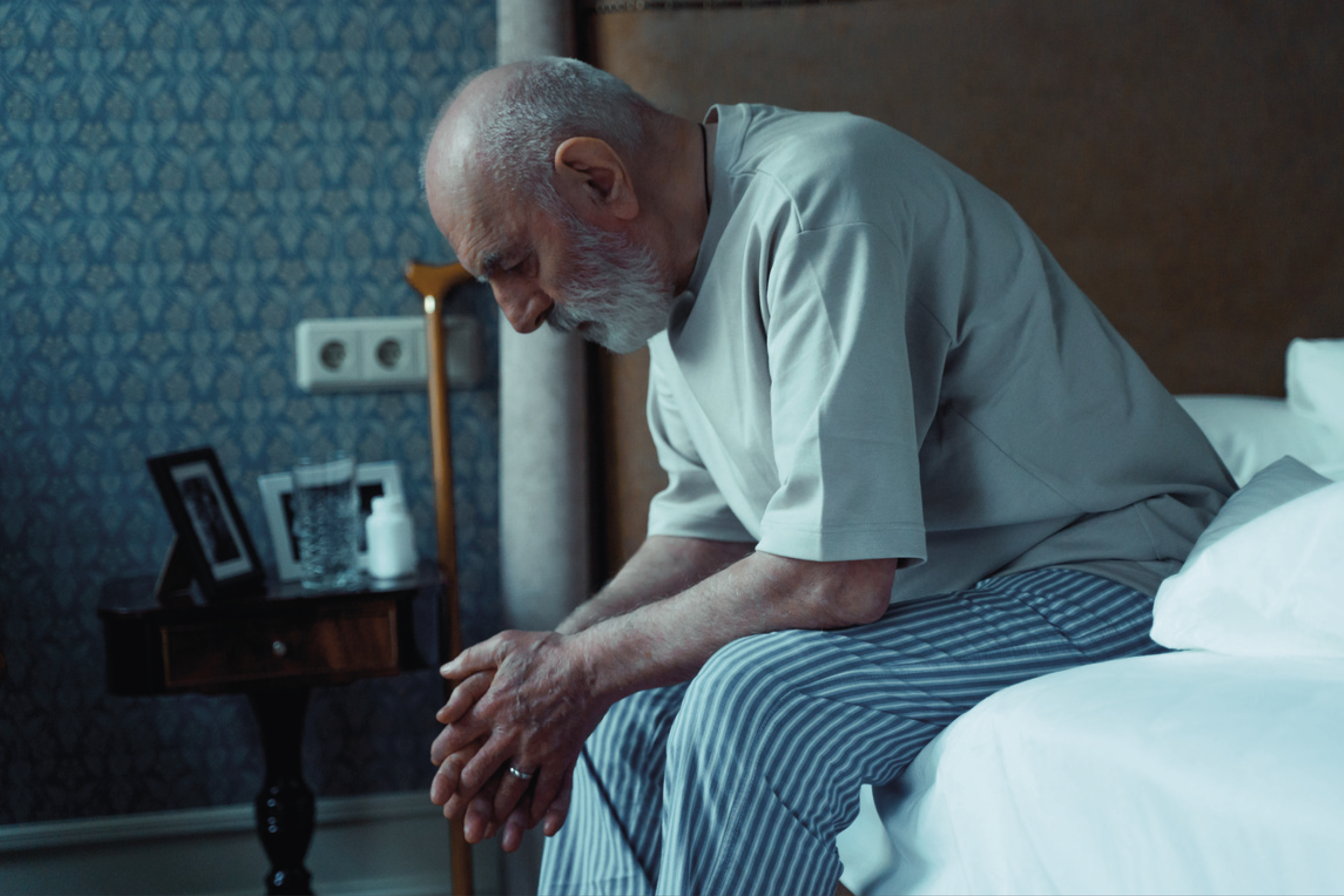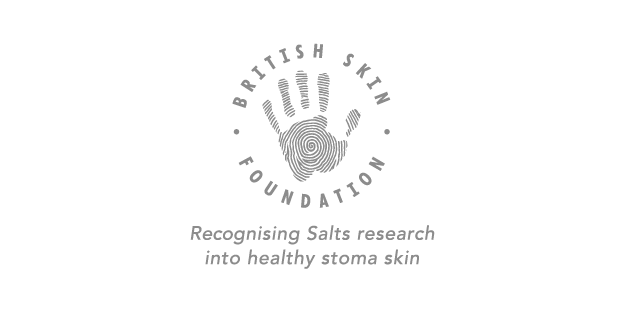
What’s new?
Keep an eye on our news feed where we’ll publish everything that’s happening in the world of stoma care.

Introducing Persona Groups
In 2021, Salts Healthcare conducted an in-depth piece of research with a company called Murmur Research – the results of which outlined 6 distinct patient persona groups.
This qualitative research project used the innovative format of immersive ethnographic techniques, which allowed a much more detailed understanding of the participants, their lives and how they deal with the day-to-day of living with a stoma.
Through a series of different approaches, including online forums, extended focus groups as well as in-home immersions, the researchers were able to see participants in their own homes, which is where we are all at our most natural.
The researchers at Murmur identified 6 quite distinct and different groups of participants, and these were given names purely to help with identification and understanding. This also allowed us to share these with Stoma Care Nurses: so that they may be able to adapt their support appropriately.
Below you will see overviews of the 6 persona groups, which were witnessed during the research. It is important to say that a patient can move through different persona groups at different stages of their medical journey, and may indeed fall between two groups, demonstrating traits from two personas. Hopefully you resonate with one or more of these personas and can use the outcomes of this research as a tool for expressing the way you feel or gaining support from healthcare professionals, family and friends.
‘In Charge’
In this group, the stoma works optimally, and participants were in control of their lives. They may have had to swap the bag they use, but this wasn’t an issue. Their life may well be better following their surgery, and they feel confident not to be phased by choices or consequences. Their support network is good and they will ask when they want something.

‘Confidential’
Participants were initially shaken due to a serious condition, but quickly resumed control. However, they want to keep their stoma private. With a positive and progressive mindset, they will make informed choices and accept advice. This group demonstrated a key need to appear “normal” to others and not ‘red flag’ their condition. They perceive themselves to have the support of relevant healthcare professionals when necessary as well as family and friends – when they know of their stoma.

‘Lonely’
May have found their health journey and stoma formation traumatic, and have struggled to come to terms with the situation, may possibly be in denial. Their surgery may have been unplanned, possibly in the wake of an emergency, so they feel a great sense of shock. The participants in this group had little support outside of parents. Likely to feel isolated, not in control of the situation and very self-conscious.

‘Fighting’
The participants identified in this group did not feel supported and may not welcome new professional ideas and approaches, possibly due to previous difficult experiences. Many will often have difficult stories to tell about their treatment, diagnosis or non-diagnosis. This group may have created their own innovative habits, rituals and solutions to help cope– not necessarily with professional advice.

‘Worried’
Their stoma operation had a big impact, and their stoma may not be particularly manageable, so their confidence has disappeared. They are possibly ashamed about their stoma, and worry that it will keep them from enjoying their life more. The condition controls them, they have a negative mindset, they may withdraw and don’t access support systems or network. Anything that has to be undertaken outside of the home worries this persona group as discretion is a huge issue: they are concerned about odour, bag changing and leakage.

‘Exhausted’
For these participants, looking after themselves may feel too difficult or become lower priority, possibly with their stoma not behaving and bags not working properly. Life in general may feel chaotic and they may not have seen a stoma care nurse for many years. This persona group won’t seek help and support and possibly live alone. They are not optimistic, and may feel as though they have given up, not going outside and life revolves around their home.

All of the above types of feelings and experiences are completely normal, and will often change over time – but they do not necessarily define you. If you feel you want it, there is specialist support available: both physical and psychological. You may find it helpful to speak to your Stoma Care Nurse to discuss your concerns as often support and professional advice can help overcome many of the problems you may be experiencing. They will be able to signpost you to other sources of advice if necessary. If you are looking for general advice about our products or services, our Customer Advisory Team are happy to support you.
You might also wish to seek others who are living with a stoma on social media as this can be a positive support to mental well-being.
We would love to hear your thoughts on this research and what your own experience has been following stoma surgery. Please get in touch at: hello@salts.co.uk
Salts Healthcare Customer Advisory Team:
Freephone 0800 028 2144 (UK)/ samples@salts.co.uk
Follows us @SaltsHealthcare on Instagram, Facebook and YouTube
Medilink Prescription Home Delivery Service: Freephone 0800 626388
Stoma Support Group details: Stoma Support Groups & Meetings | Salts Healthcare







